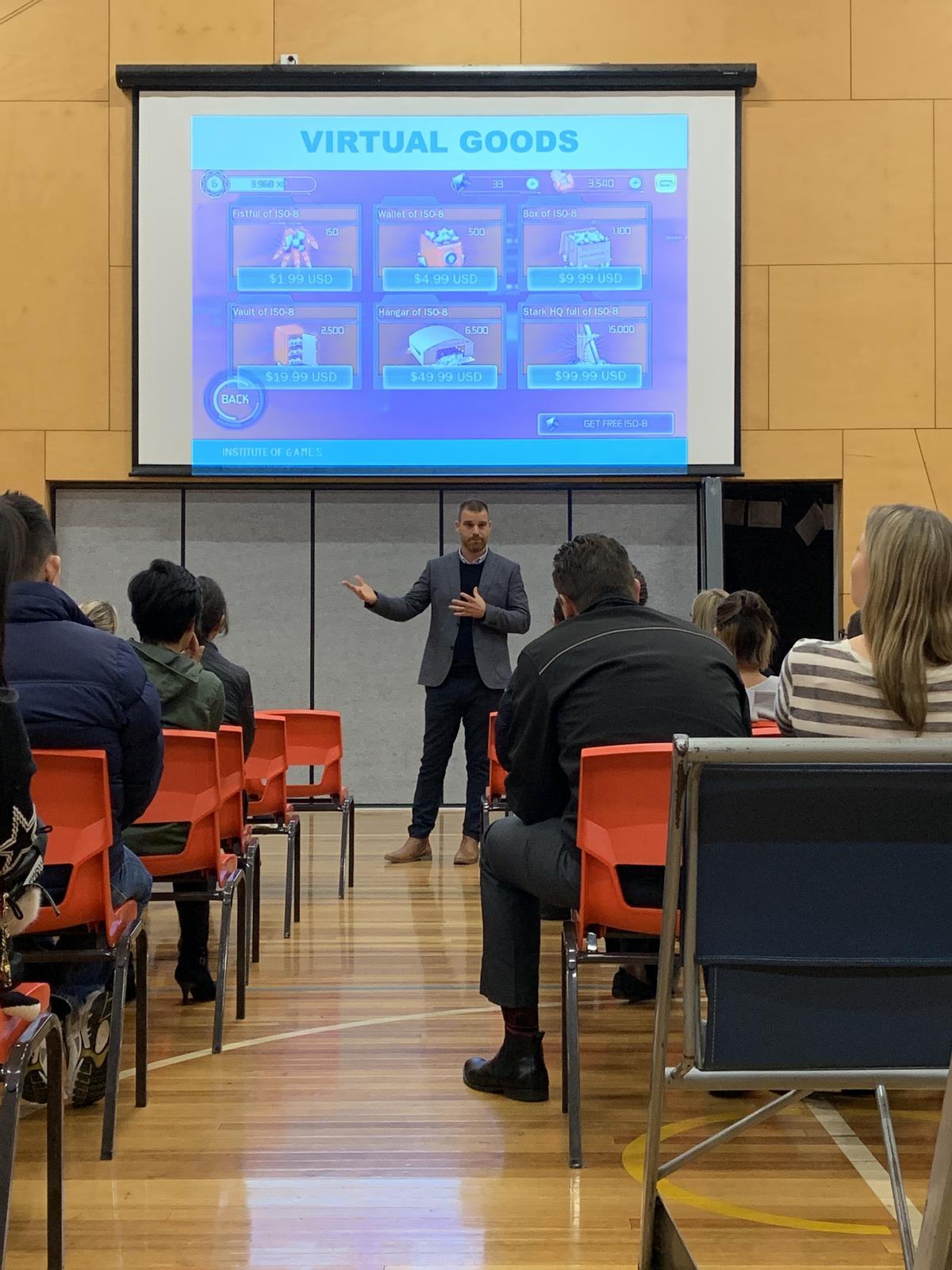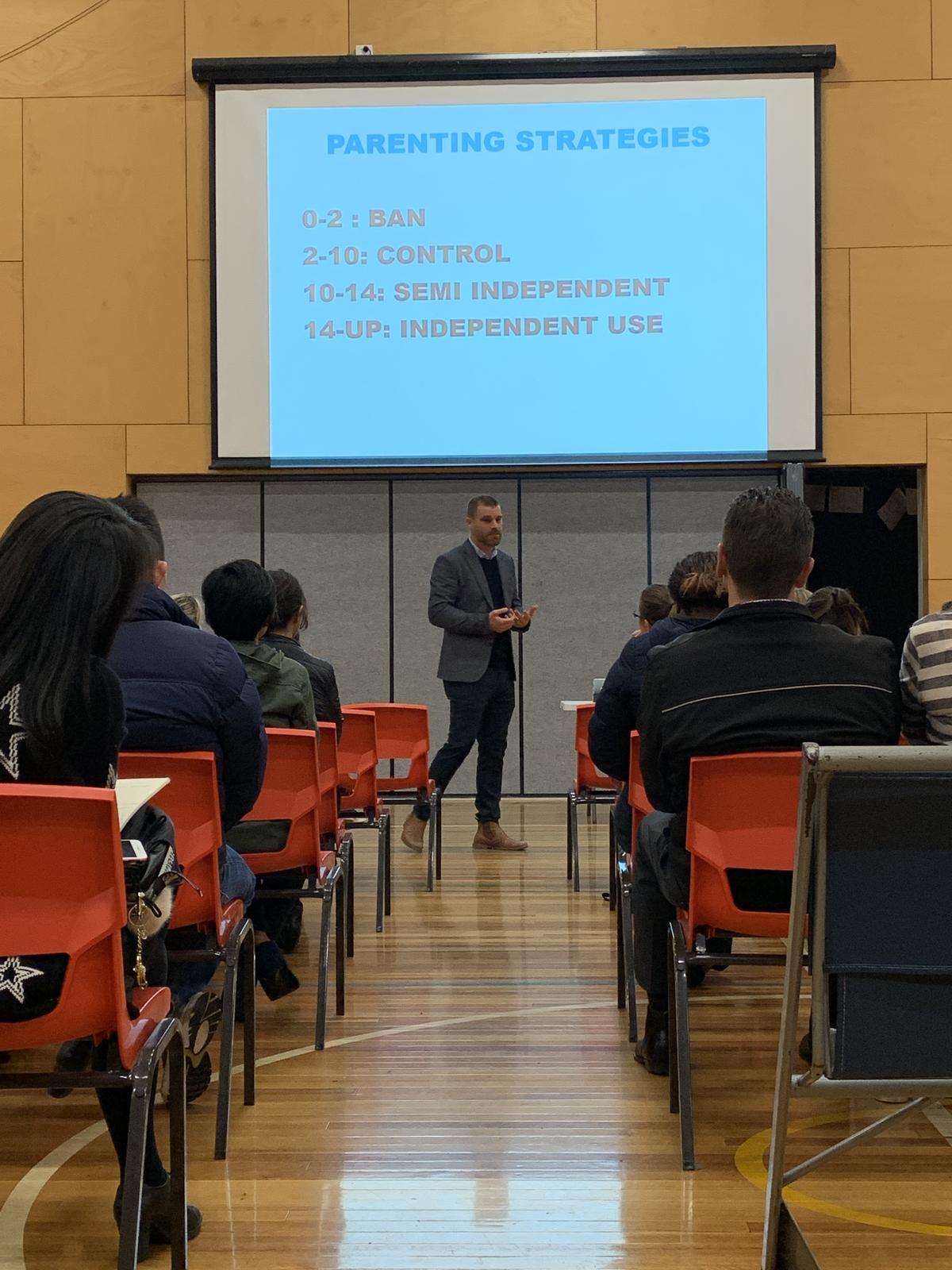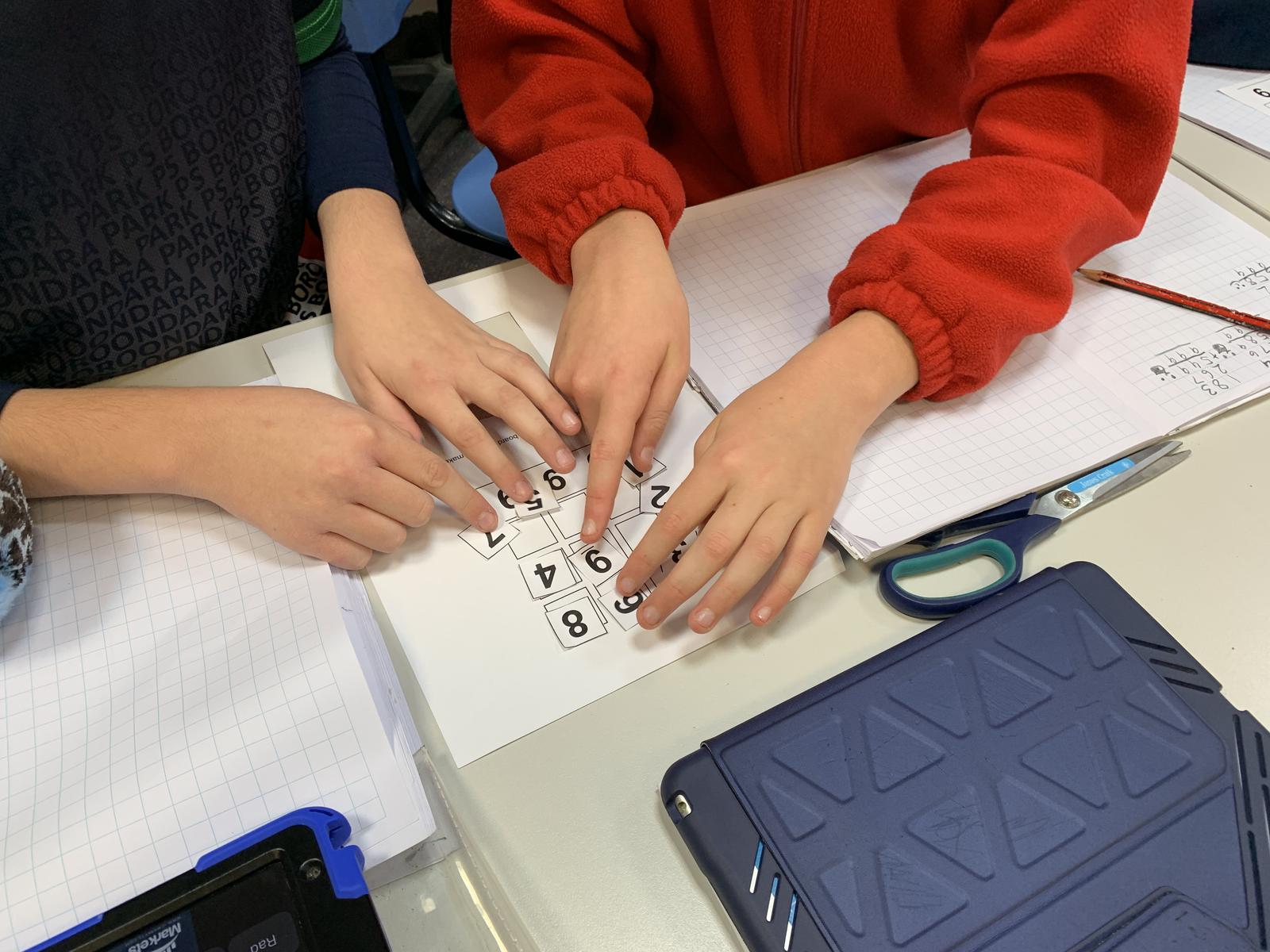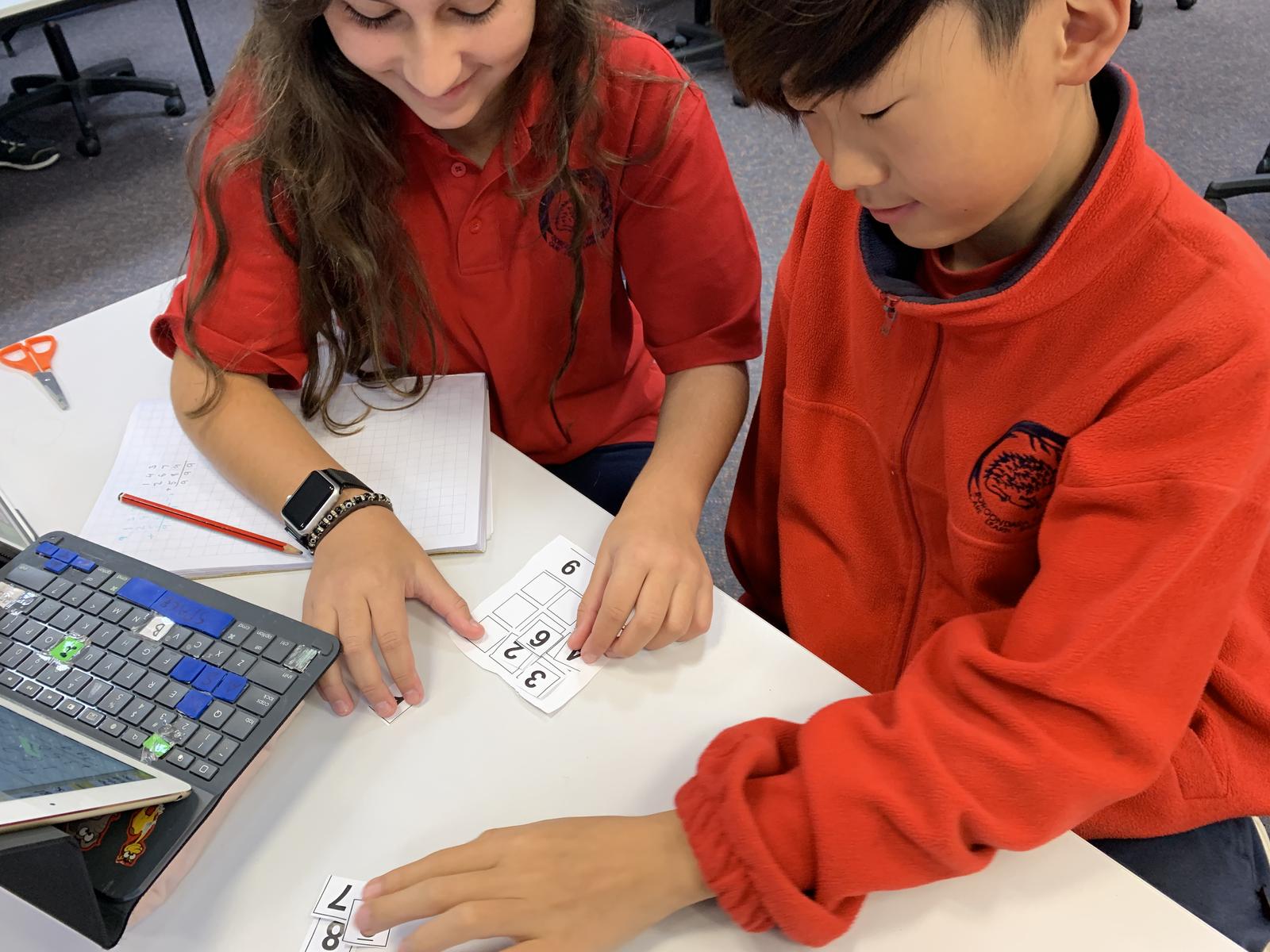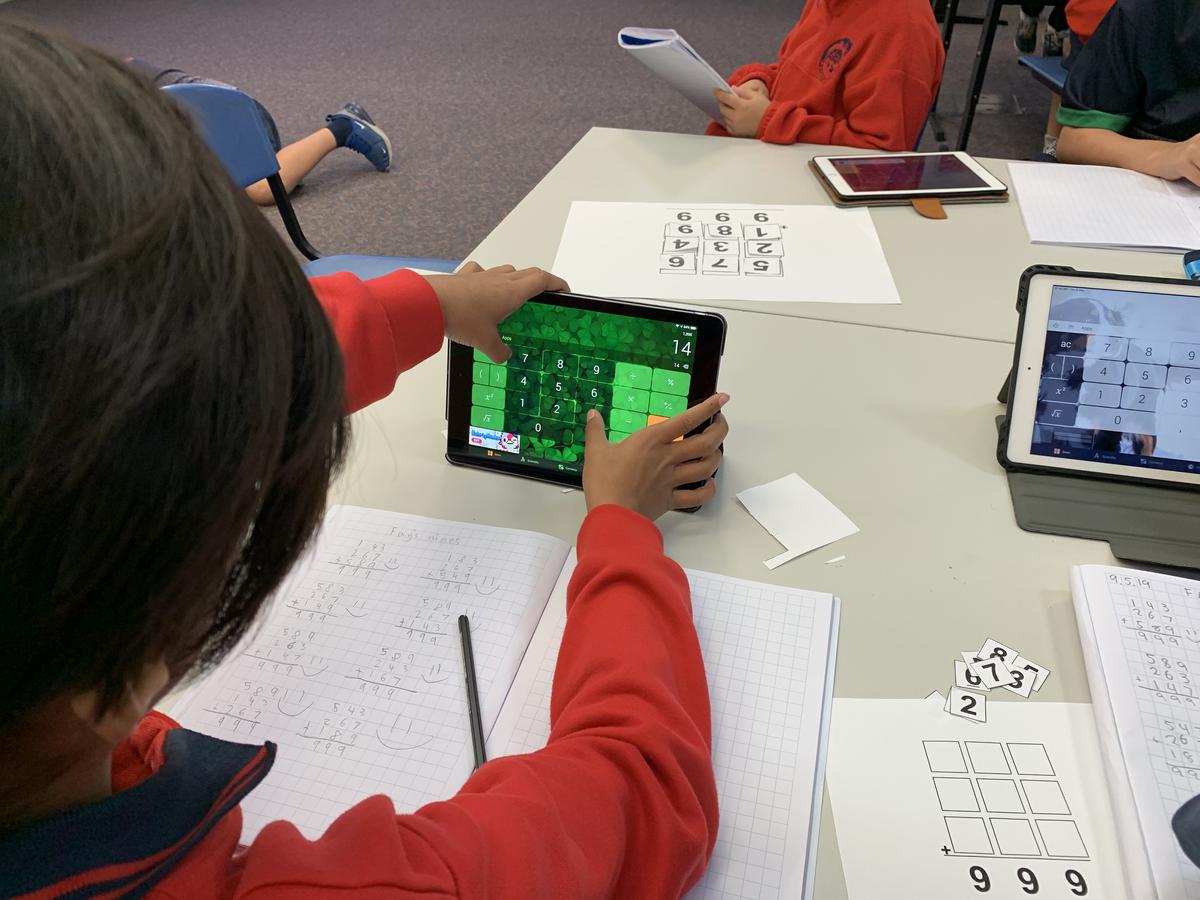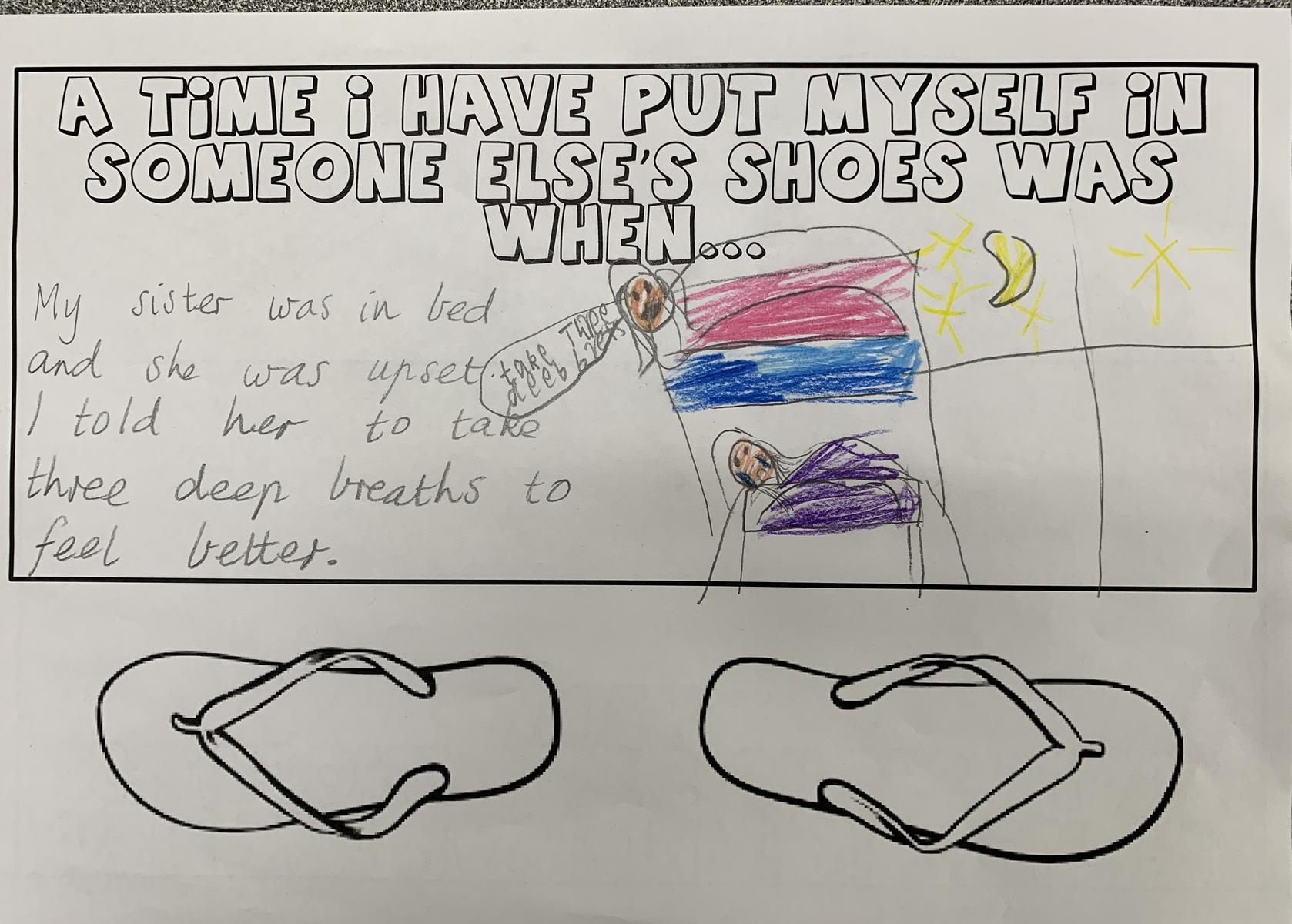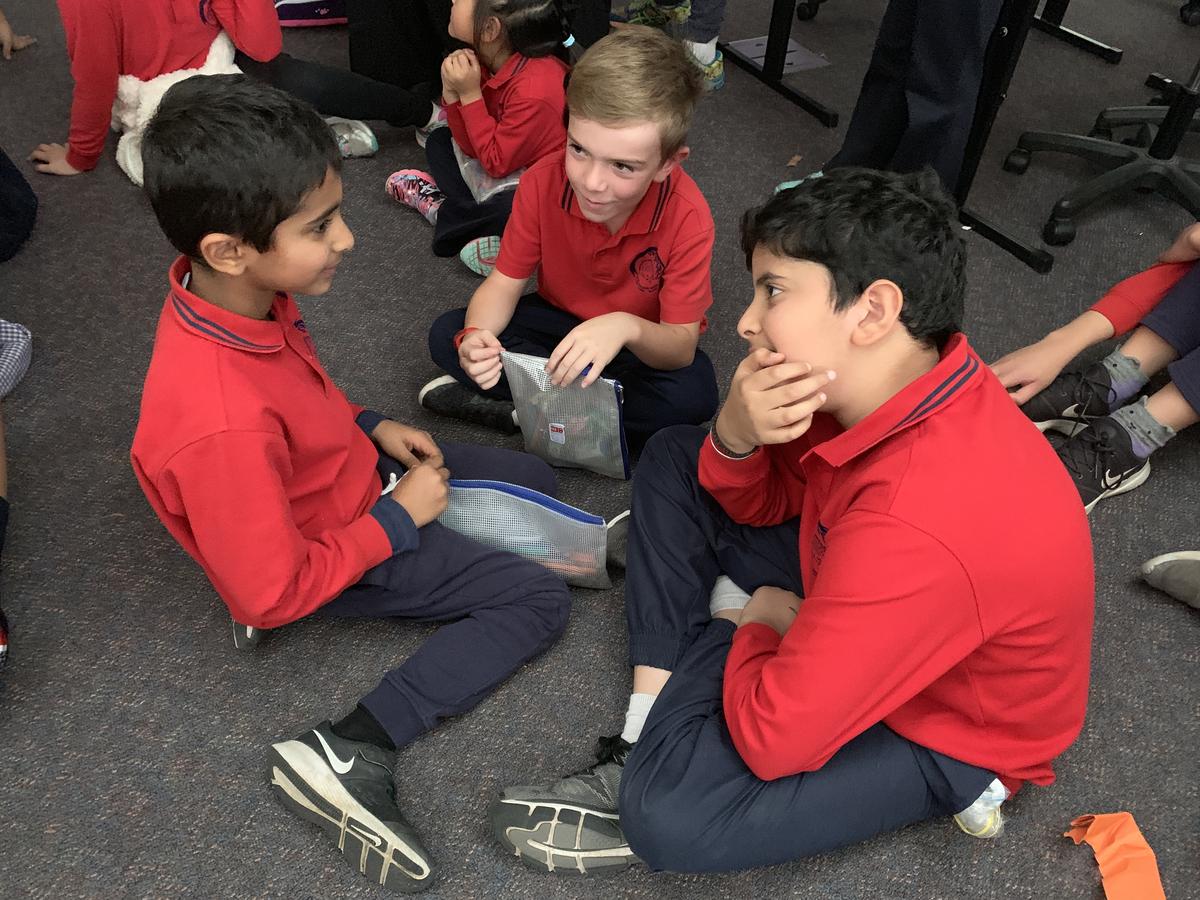From The Classroom
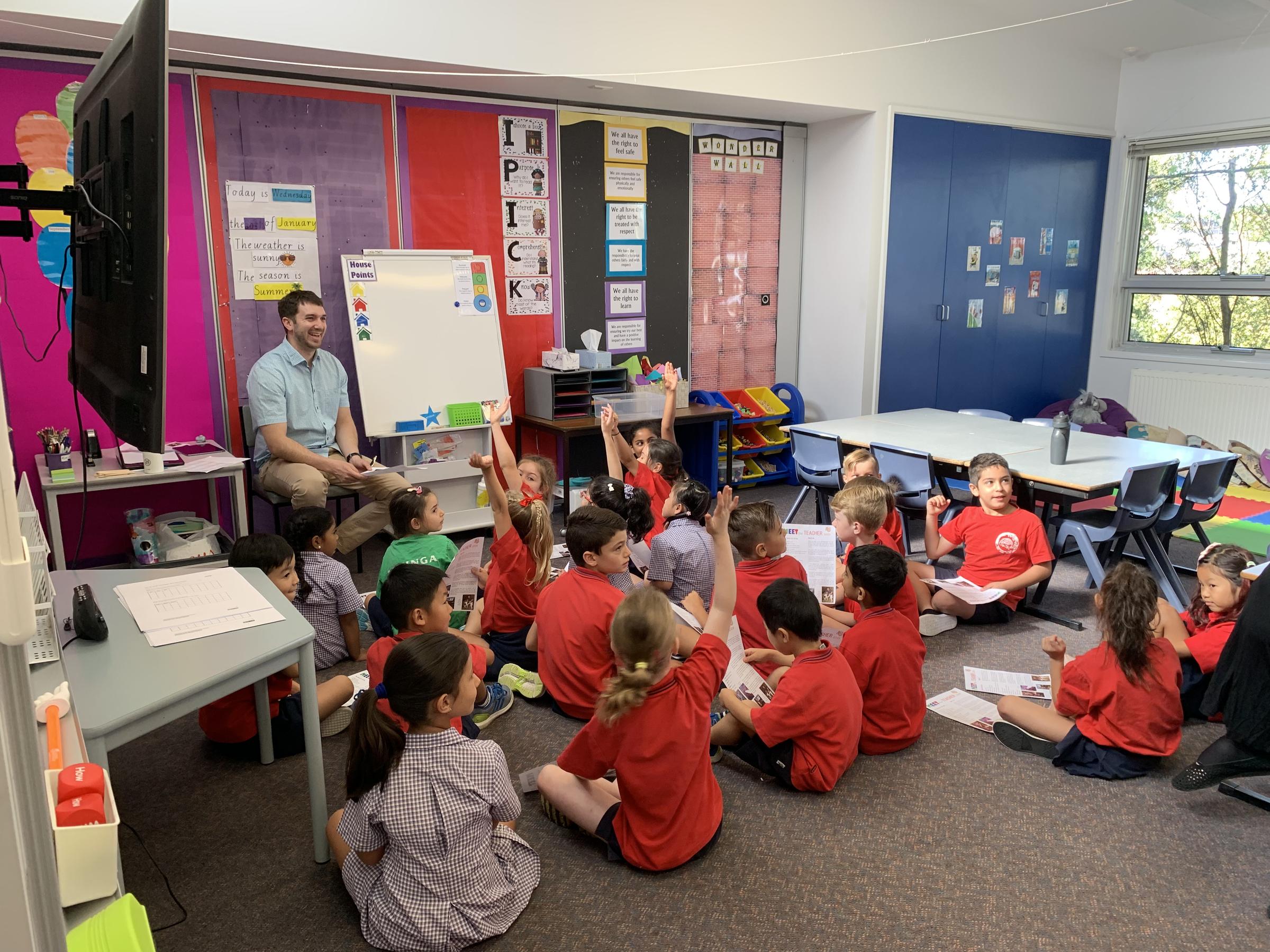
Parent Seminar - How To Keep Gaming Positive & Healthy
Thanks to those parents who joined us on Wednesday evening for the parent seminar. Steven Dupon from the Institute of Games shared a wide range of research around gaming and its impact on young people. Steven provided both sides of the debate and challenged us to consider a range of parenting tips to help manage our young people's use of gaming.
A simple strategy that Steven shared was around the age appropriateness of gaming and the level of access young people may have. His advice was:
0-2 years - no access
2-10 years - parents have full control of what their children play, where it is played, when and for how long
10-14 years - children are semi-independent in their use but parents need to be involved in setting boundaries for use
14 years and up - children are independent in their use of gaming
Here are Steven's 10 parenting tips for keeping gaming positive and healthy.
Numeracy
Our school has, over many years, competed in the Australian Primary Schools Maths Olympiad competition. The competition challenges our students to apply their problem solving and reasoning skills to complete complex mathematical problems.
This year, we have entered four teams. A team each for grades 5 and 6, a combined 5/6 and for the first time a Grade 4 Maths Games Team. The Maths Games competition is a lead in to the Maths Olympiad competition. Teams have between 20 and 30 students. The selection process for these teams was completed using a problem solving and reasoning screening test. Those students who showed high levels of proficiency in problem solving and reasoning were selected to participate in the competition.
Each week, the teams meet to practice and apply a variety of strategies that will prepare them for the competitions. There are five competitions; the first one will be completed on May 22/23 .
Alongside these competitions, our teachers deliver a mathematics unit that explicitly teachers each of the problem solving strategies students may need to work successfully as mathematicians. Strategies may include: guess and check, work backwards, look for a pattern, make a model, draw a diagram or picture, act it out and make a list or table.
Care Learn and Share Groups
This semester, the focus of our sessions has been on two of the principles of positive psychology - gratitude and empathy.
This week, we engaged in our second session around empathy. We challenged students to consider difficult situations and to - 'take a walk in someone else's shoes.'
This vertical pastoral care program allows our older students to lead, model and support our younger students in their understanding and application of some complex ideas. It also provides all students with many familiar faces across the school.
Compiled by
Emma Chiera
Acting Assistant Principal

